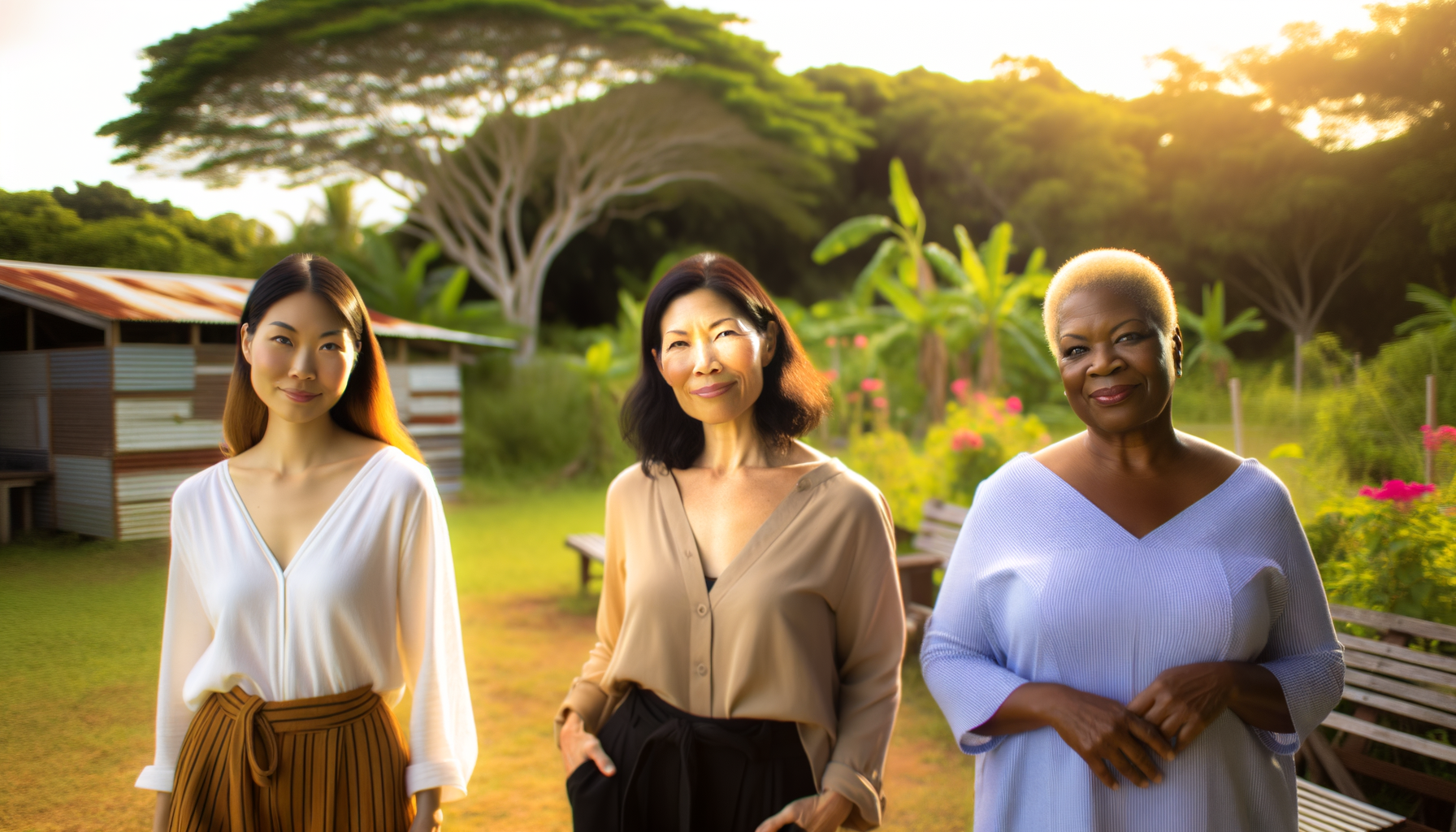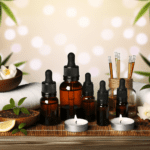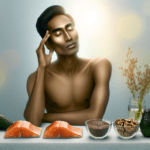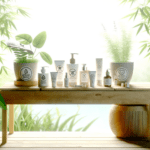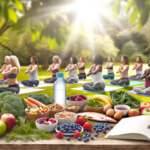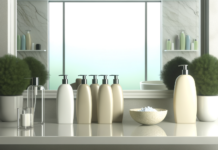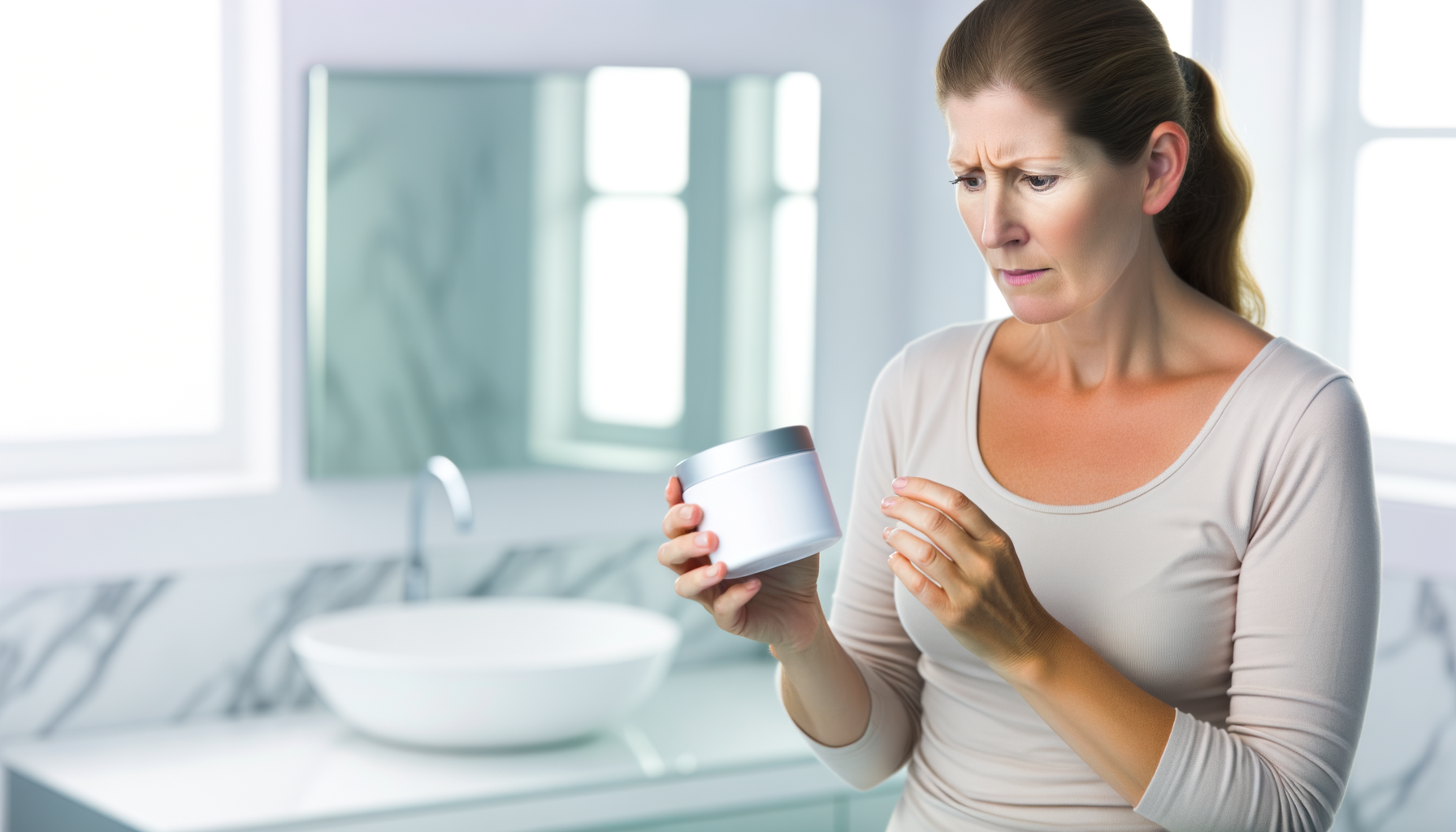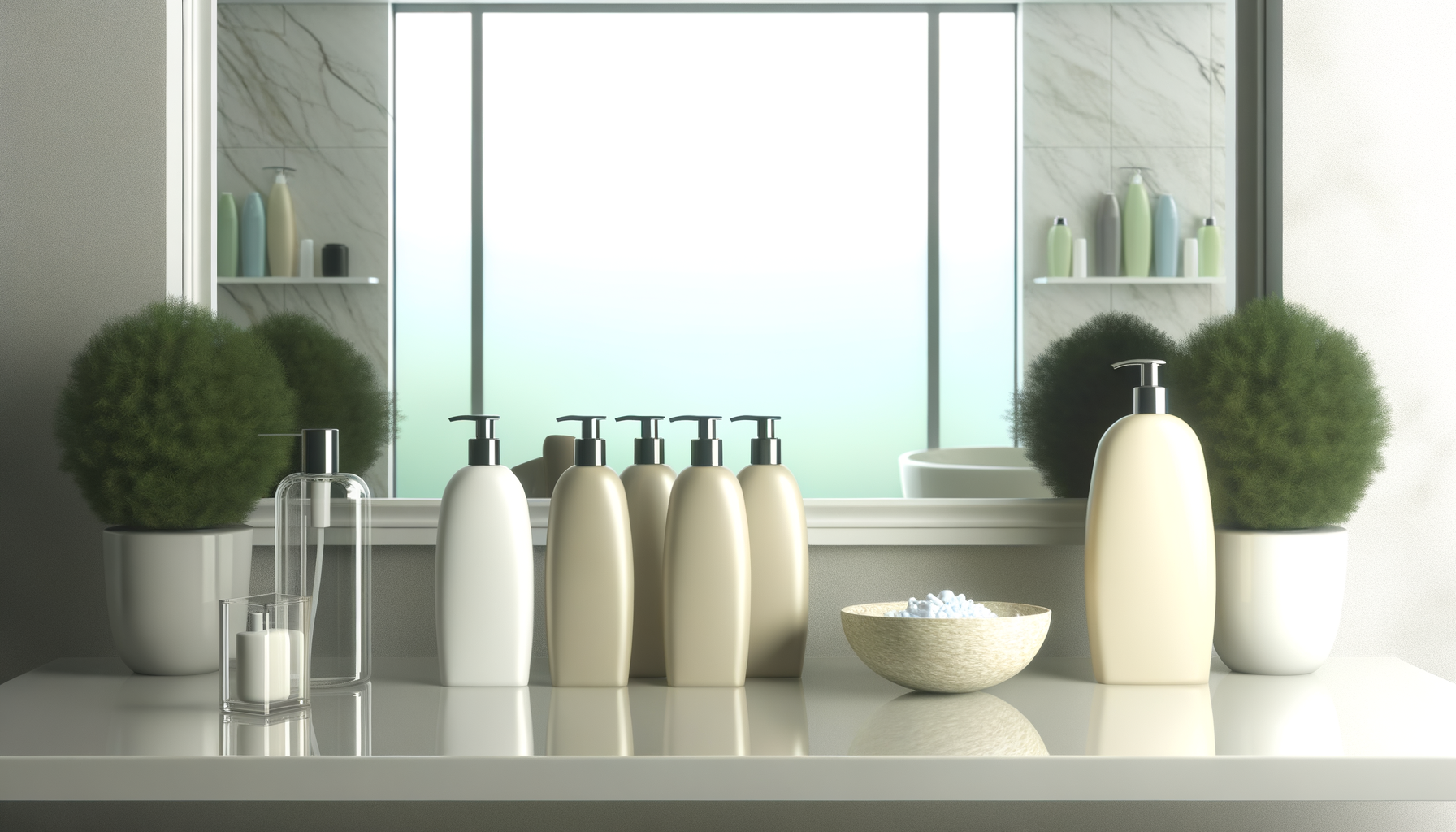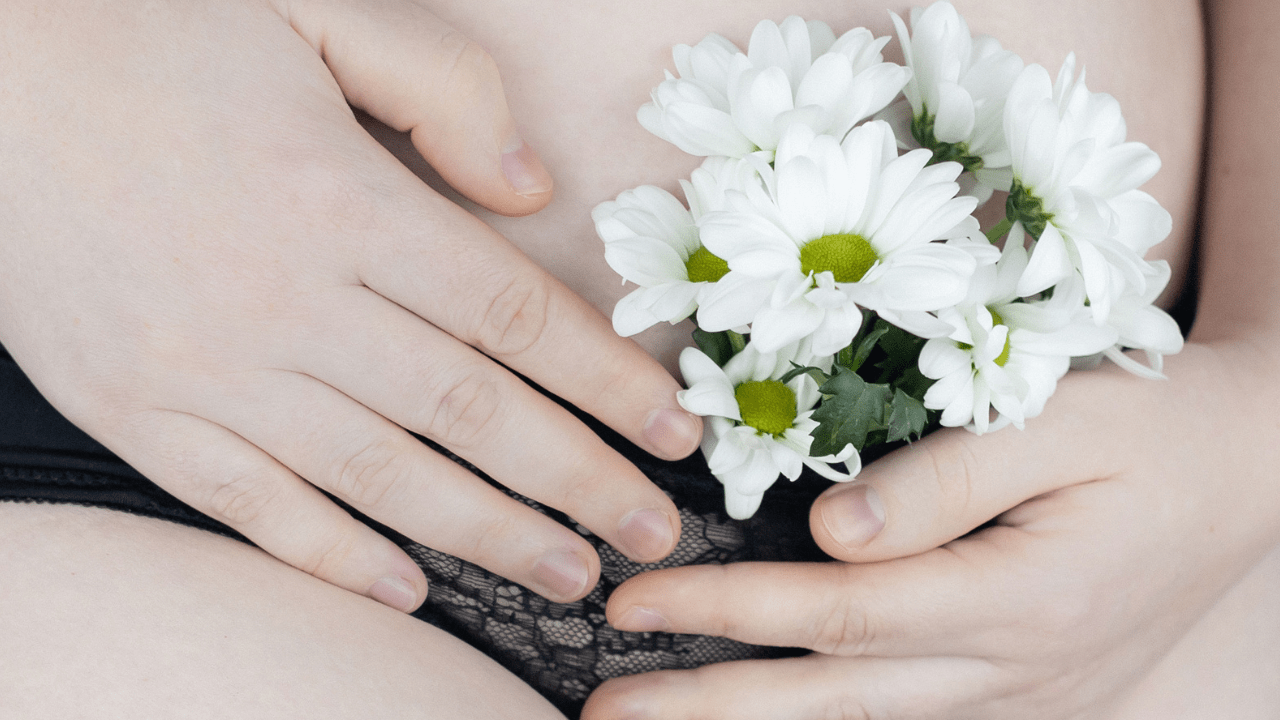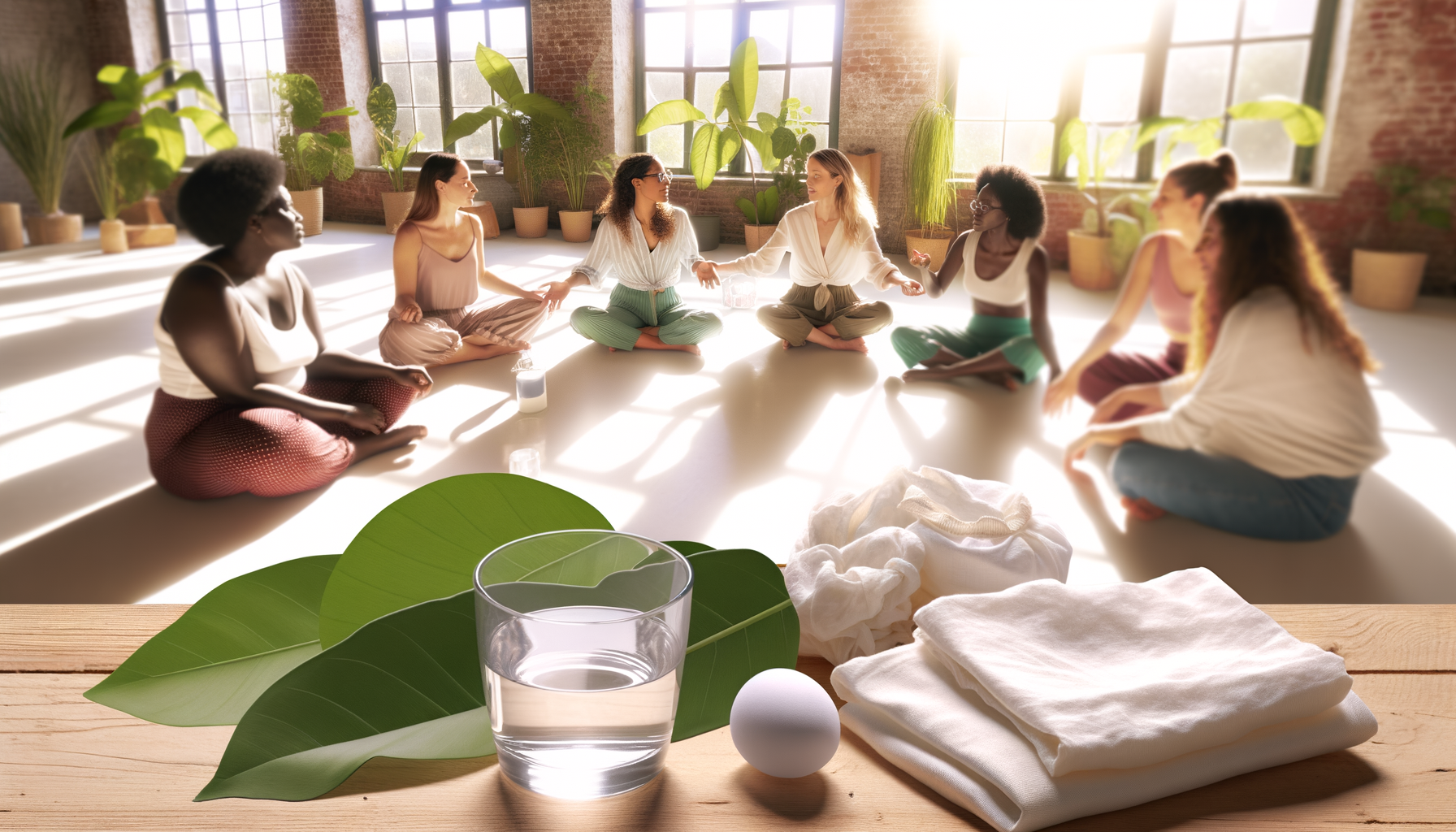Introduction to the Art of Aging
Defining Natural Beauty
Natural beauty, often overshadowed by the cosmetic industry’s allure, is the inherent grace that shines through every stage of life. It’s the unadorned charm that comes from confidence, self-acceptance, and the wisdom gained over years. Natural beauty transcends physical attributes, embracing the laugh lines earned from decades of joy and the silver strands that tell stories of experience. It’s about honoring the body’s journey and the unique narrative each wrinkle and scar holds.
Cultural Shifts in Perceptions of Aging
Our society’s perception of aging is undergoing a significant transformation. Once viewed as a decline from the prized bloom of youth, aging is now increasingly celebrated as a stage rich with potential and beauty. Influential figures like Carl Jung and Lars Tornstam have contributed to this shift, promoting the concept of gerotranscendence—a stage of life characterized by wisdom, self-reflection, and a deeper connection to the universe. This cultural renaissance is slowly dismantling the obsession with youth and redefining success in later years not by the continuity of midlife activities, but by the quality of life and the pursuit of wholeness.
The Importance of Embracing Aging
Embracing aging is essential for a life of fulfillment and purpose. It’s about recognizing the value and contributions of our elder years, rather than competing with the younger generation. As we age, we are presented with the opportunity to grow into our most authentic selves, to become the wise mentors society needs. This acceptance allows us to live with dignity and grace, finding beauty in the natural progression of life. By embracing aging, we not only enrich our own lives but also set a precedent for future generations to approach their twilight years with optimism and reverence.
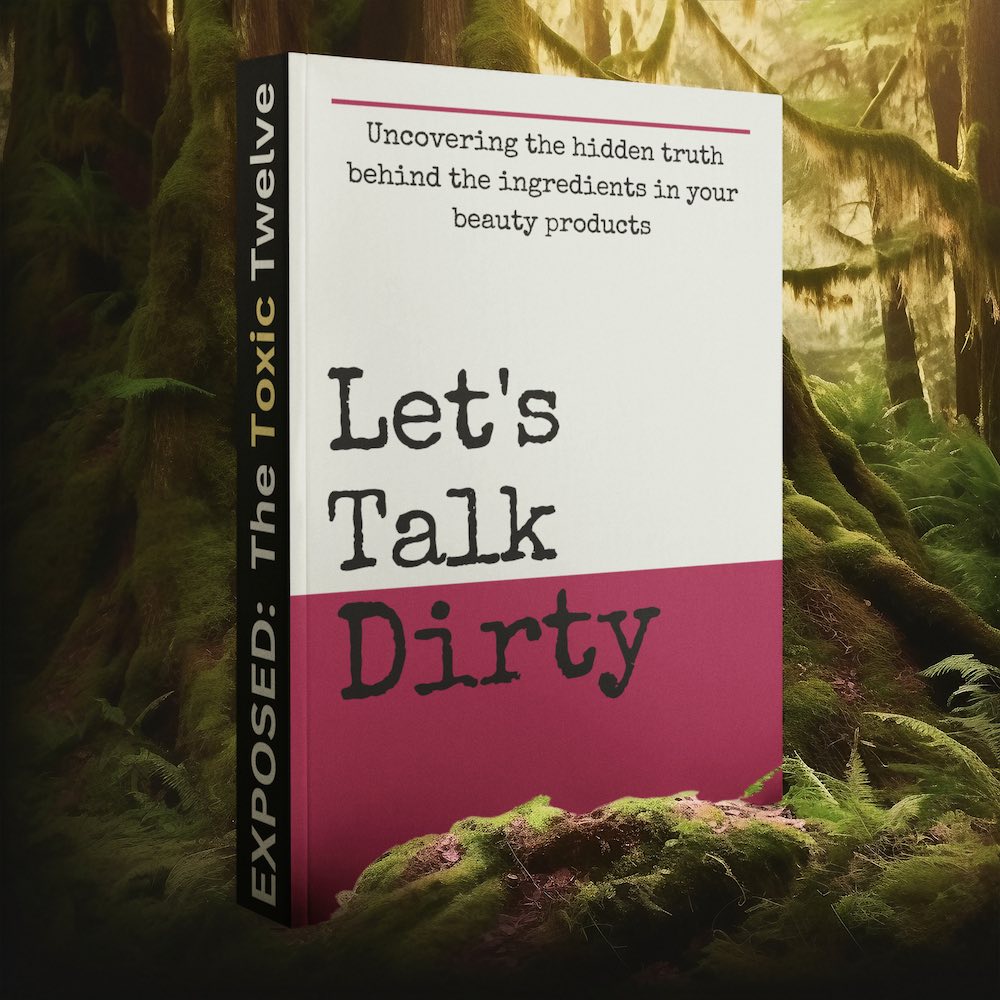
Feeling You Have a Right to Safe Beauty & Fem Care?
If so, it may be time for a change. It starts with knowledge. We have a few suggestions in our new guides.
Understanding Skin Changes Over Time
Biological Factors of Skin Aging
As we journey through life, our skin inevitably tells the tale of our experiences. Biological aging is a natural process that is genetically determined and varies from person to person. Dr. Michelle Carter explains that one of the most significant biological factors is the reduced production of collagen, the protein responsible for skin’s elasticity and firmness. As collagen diminishes, skin begins to lose its youthful plumpness, leading to the formation of wrinkles and fine lines. Additionally, the skin’s ability to retain moisture decreases, causing dryness and a lack of radiance.
Another biological aspect is cellular turnover. In our youth, skin cells regenerate quickly, but as we age, this process slows down, resulting in a buildup of dead skin cells that can dull the complexion. Moreover, the distribution of melanin becomes less uniform, which may lead to age spots and uneven skin tone. These changes are a natural part of the aging process and reflect the passage of time on our biological canvas.
Environmental Influences on Skin Health
While genetics play a crucial role in skin aging, environmental factors can significantly accelerate these changes. Exposure to ultraviolet (UV) radiation from the sun is perhaps the most impactful, leading to what is known as photoaging. UV rays can break down collagen and elastin fibers, causing premature wrinkles and increased pigmentation, or “sun spots.” Rebecca Martinez, an experienced aesthetician, emphasizes the importance of daily sun protection to mitigate these effects.
Apart from UV radiation, other environmental factors such as pollution, smoking, and extreme weather conditions can also take a toll on skin health. These elements can lead to oxidative stress, which generates free radicals that damage skin cells. To combat these external aggressors, it is essential to adopt a skincare routine rich in antioxidants, which can neutralize free radicals and promote skin regeneration.
Psychological Impacts of Skin Aging
The changes in our skin as we age can also have profound psychological effects. In a society that often values youth and beauty, signs of aging can lead to a range of emotions, from acceptance to anxiety. While aging is a natural process, it can impact how we perceive ourselves and how others see us. The desire to maintain a youthful appearance is not merely about vanity but can be deeply tied to self-esteem and identity.
However, embracing the art of aging gracefully can lead to a positive mindset and improved mental well-being; to view aging as a natural stage of life, one that brings wisdom and should be met with self-acceptance. By shifting our focus from anti-aging to healthy aging, we can foster a sense of empowerment and confidence that radiates from within, regardless of the changes occurring on the surface.

Bette 100% All-Natural Relaxing Lavender Body Lotion.
Chemical-Free
Your relaxing night time body moisturizer to leave the day’s stress behind. Decompress and wish your body good night with the calming scent of lavender.
Natural Skin Care at Different Ages
Skin Care in Your 40s
Entering your 40s marks a significant change in your skin’s needs. Collagen production slows down, leading to less elasticity and more pronounced fine lines and wrinkles. It’s essential to focus on hydration and regeneration. Dermatologist Dr. Michelle Carter suggests incorporating products rich in antioxidants, hyaluronic acid, and peptides to support collagen production and hydrate the skin. A daily routine should include a gentle cleanser, a robust moisturizer, and a serum with retinol or vitamin C to boost collagen and brighten the complexion. Don’t forget the importance of daily sun protection to prevent further damage.
Skin Care in Your 50s and Beyond
As you move into your 50s and beyond, your skin may become drier and thinner, with age spots and hyperpigmentation becoming more apparent. The key is to nourish and protect. Aesthetician Rebecca Martinez recommends gentle exfoliation to stimulate cell turnover and remove dead skin cells. Hydrating masks and serums become even more crucial, and ingredients like resveratrol, as found in Amruth Group’s innovative skincare cream, can provide anti-inflammatory and collagen-stimulating benefits. It’s also a time to consider professional treatments like chemical peels or microdermabrasion, which can improve skin texture and tone.
Adapting Your Skin Care Routine as You Age
Adapting your skincare routine as you age is not just about changing products but also about embracing a holistic approach to beauty. Your skin’s needs in your 60s will differ from your 40s, requiring more intensive moisture and targeted treatments. It’s crucial to listen to your skin and adjust accordingly. This might mean switching to richer, more emollient creams or incorporating facial oils to combat dryness. Regularly consulting with skincare professionals can provide personalized advice and help you navigate the myriad of options available. Remember, aging is a natural and beautiful process, and with the right care, your skin can reflect the grace and wisdom of your years.
By the way, something for you, a little gift!!!
I am just in the middle of publishing my book. It’s about How women can balance their hormones. One part is about food and diet, of course.
Follow this link and enter your email.
I will send you this part of the book for free once the book is published. It has many concrete, practical tips and recipes and will help you feel better during menopause or times of Big hormonal fluctuations.
Annette, Damiva Lead for Health & Wellness

Holistic Approaches to Aging
Diet and Nutrition for Healthy Skin
As we age, our skin undergoes natural changes, and the role of diet and nutrition becomes increasingly important in maintaining its health and vitality. A diet rich in antioxidants, vitamins, and minerals can combat the signs of aging from the inside out. Foods high in Vitamin C, such as citrus fruits and leafy greens, support collagen production, while Omega-3 fatty acids found in fish like salmon help maintain the skin’s lipid barrier. It’s also essential to stay hydrated; drinking plenty of water throughout the day can keep the skin plump and reduce the appearance of fine lines. Incorporating a balanced diet with a variety of nutrient-dense foods is a cornerstone of holistic skin care.
The Role of Exercise in Skin Health
Regular physical activity is not only good for the body’s overall health but also for the skin. Exercise increases blood flow, which helps nourish skin cells and keep them vital. Blood carries oxygen and nutrients to working cells throughout the body, including the skin. In addition to providing oxygen, blood flow also helps carry away waste products, including free radicals, from working cells. By promoting healthy circulation, exercise contributes to healthier, more radiant skin. It’s recommended to engage in at least 30 minutes of moderate exercise most days of the week for optimal benefits.
Mindfulness and Stress Reduction Techniques
Stress can have a significant impact on skin health, contributing to conditions like acne, eczema, and psoriasis. Mindfulness and stress reduction techniques can be powerful tools in managing stress levels and promoting skin health. Practices such as meditation, deep breathing exercises, and yoga can help lower stress hormones in the body, which in turn can reduce inflammation and improve skin conditions. By incorporating mindfulness practices into your daily routine, you can help maintain not only a calm mind but also a healthy and glowing complexion.
Embracing a holistic approach to aging involves more than just topical skin care; it’s about nurturing the body, mind, and spirit. By focusing on a nutrient-rich diet, regular exercise, and stress management, you can support your skin’s health and embrace natural beauty at every stage of life.
The Role of Natural Ingredients in Skin Care
Benefits of Plant Butters and Oils
Plant butters and oils are the cornerstone of natural skin care, offering a plethora of benefits for the skin. These natural emollients are rich in essential fatty acids, vitamins, and antioxidants, which help to nourish, protect, and hydrate the skin. Shea butter, for instance, is renowned for its moisturizing properties and its ability to improve skin elasticity. Similarly, cocoa butter is an excellent choice for nourishing your skin . Argan oil, packed with Vitamin E and fatty acids, is another hero ingredient that promotes skin healing and rejuvenation.
Understanding the Impact of Chemicals in Skin Care
While natural ingredients work in harmony with the skin’s biology, synthetic chemicals often found in conventional skin care can have adverse effects. Ingredients such as parabens and sulfates may cause skin irritation, allergic reactions, and in some cases, are linked to more serious health concerns. Parabens, used as preservatives, are suspected endocrine disruptors, while sulfates can strip the skin of its natural oils, leading to dryness and irritation. By choosing products with natural ingredients, we minimize our exposure to these potentially harmful chemicals.
Identifying and Choosing Chemical-Free Products
Opting for chemical-free products is a conscious choice that benefits both our skin and overall health. To identify truly all-natural products, it’s essential to read and understand ingredient labels. Look for products that contain recognizable ingredients such as coconut oil, and shea butter. The number 1 tip however, to find avoid toxic beauty skincare is to make sure that the product does not contain “water” or “aqua” or “juice” on its ingredient list. Only water-free skincare can be chemical-free.
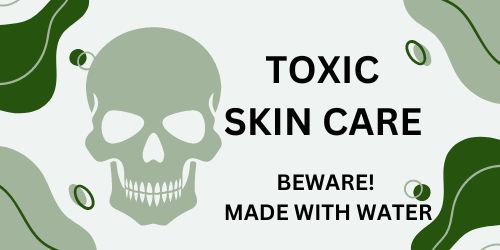
Do you have the most commonly used but toxic, disease bringing chemicals in your skin care? Many chemicals in skincare are hormone disruptors and make menopause symptoms worse.
Find out more…
Sustainable Beauty Practices
Eco-Friendly Skin Care Routines
Adopting an eco-friendly skin care routine is not just beneficial for your skin, but also for your overall health and our planet. Simple changes can make a significant impact, such as using products with minimal packaging or opting for solid skincare items like shampoo bars and soap. These not only reduce plastic waste but are often made with natural ingredients that are kinder to your skin. Additionally, consider incorporating biodegradable and compostable packaging into your routine, ensuring that your beauty regimen supports a sustainable future.
Clean, Healthy Beauty and Personal Care
The clean beauty movement is leading the charge with toxin-free color cosmetics and chemical free, healthy-aging, pro-aging ingredients from plants, allowing individuals to embrace their natural beauty without compromising their health or the environment. By staying informed and choosing products that are transparent in their ingredient lists and sustainability efforts, you can ensure that your personal care routine is in harmony with your environmental ethos.
Embracing sustainable beauty practices is not just a trend; it’s a commitment to a lifestyle that values health, ethics, and the environment. As we continue to learn and grow in our understanding of what it means to age gracefully, integrating these practices into our daily lives becomes a testament to our respect for the natural beauty of our planet and ourselves.
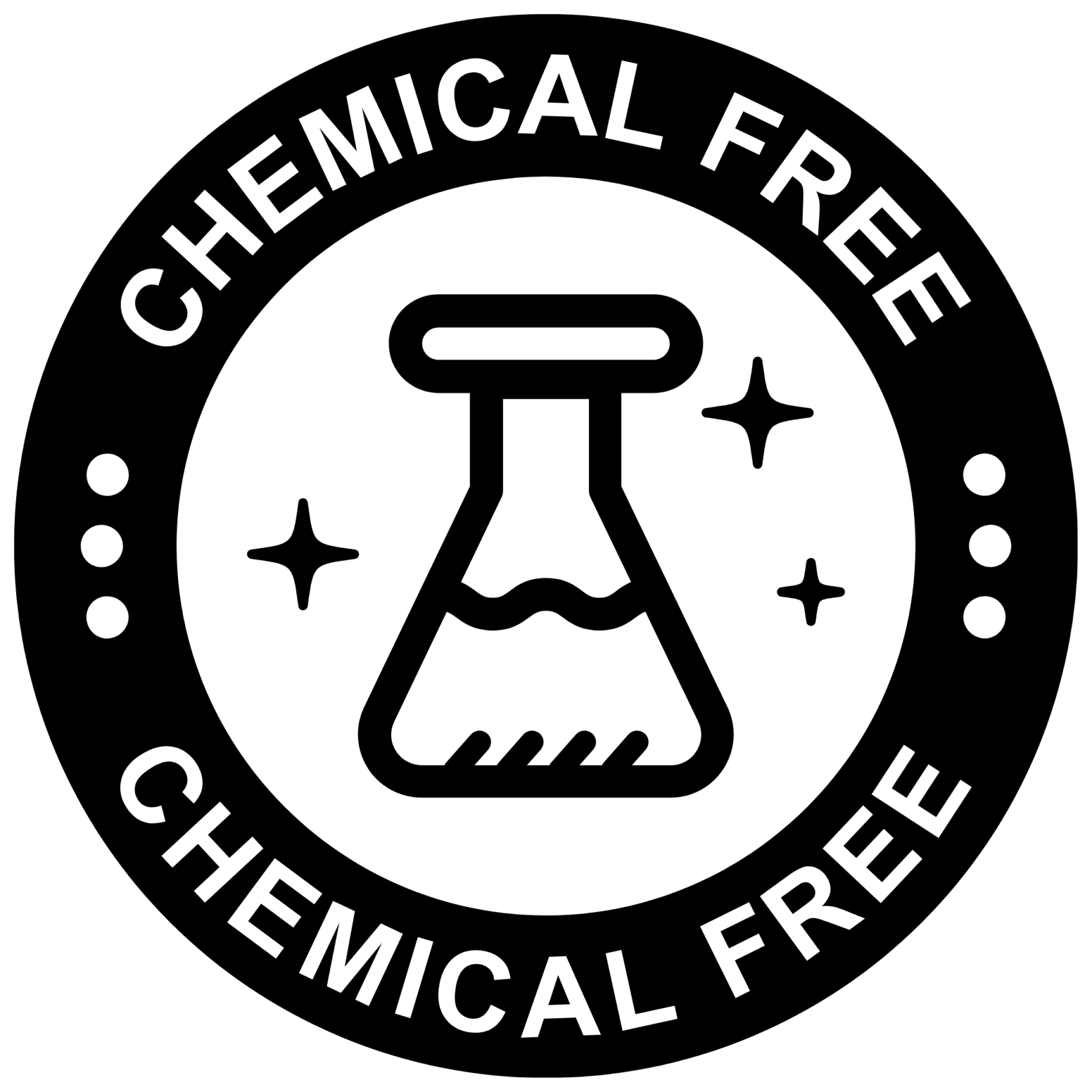
Doubting chemicals in skincare and femcare? Well done! Choose chemical-free products whenever possible.
Conclusion: Celebrating Your Unique Journey
Integrating Beauty and Wellness into Daily Life
As we navigate the winding path of life, the integration of beauty and wellness into our daily routine becomes a testament to self-love and respect. It’s not merely about the external application of products or the pursuit of aesthetic perfection; it’s about honoring our bodies, our well-being, nurturing our minds, and fostering a harmonious balance. The art of aging is a holistic dance, where each step—from the food we consume to the thoughts we entertain—contributes to our radiant presence in the world. Embrace routines that invigorate your spirit and reflect your inner vitality, whether through a skincare ritual that honors your evolving skin or a meditation practice that centers your being.
Empowerment Through Self-Care and Education
Empowerment blooms from the seeds of knowledge and the practice of self-care. By educating ourselves about the changes our bodies undergo, we can make informed decisions that align with our values and enhance our well-being. Self-care is an act of empowerment, a declaration that we are worthy of time and attention. It’s a commitment to nourishing ourselves not just for the sake of appearance, but for the joy and strength it brings to every facet of our lives. Let us be diligent in learning about the ingredients in our skincare, the nutrients that fuel our bodies, and the activities that enrich our souls.
The Future of Aging Gracefully
The future of aging is painted with the brushstrokes of grace, confidence, and wisdom. It’s a canvas where each line tells a story of laughter, each contour a tale of resilience. Aging gracefully is about moving forward with intention, embracing the changes that come, and celebrating the uniqueness of our journey. It’s about looking into the mirror and seeing not just a reflection of the past but the potential for a future filled with beauty in its myriad forms. As we continue to evolve, let us carry the torch of grace, illuminating the path for generations to come, and redefining what it means to age with elegance and joy.
In conclusion, aging is not a process to be feared or hidden but a journey to be celebrated. Each wrinkle, each gray hair, each moment of our lives adds depth to the story we tell. By integrating beauty and wellness into our daily lives, empowering ourselves through self-care and education, and looking forward to the future with optimism, we can all age with grace and celebrate the unique journey that is life.
